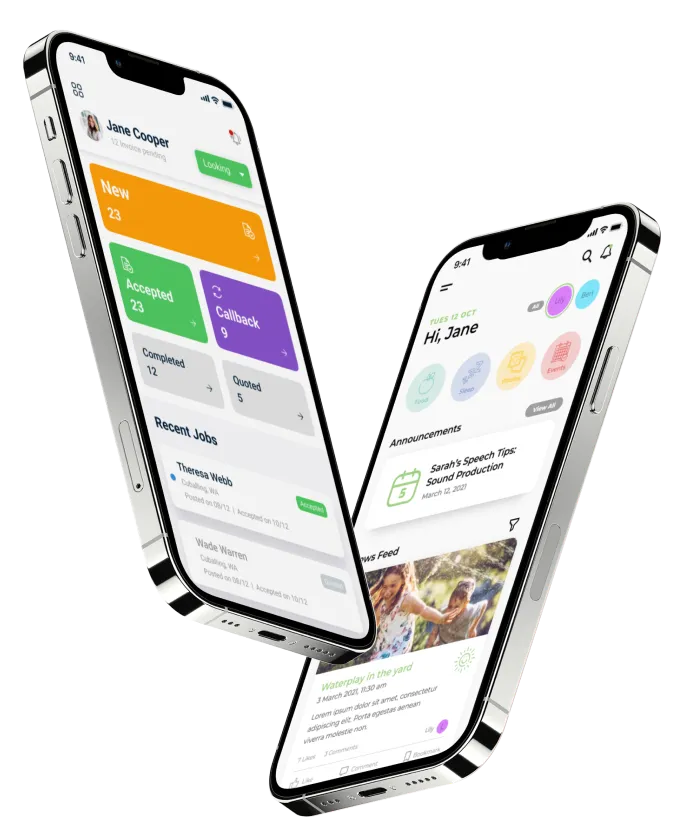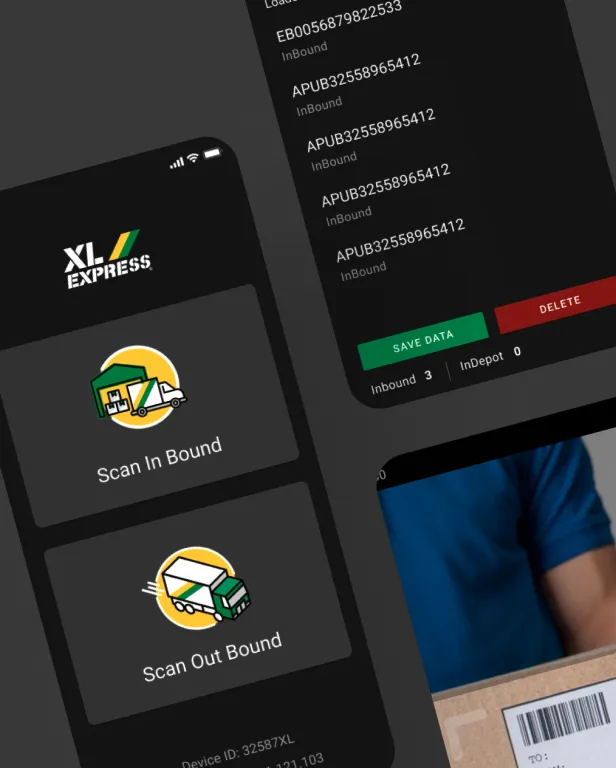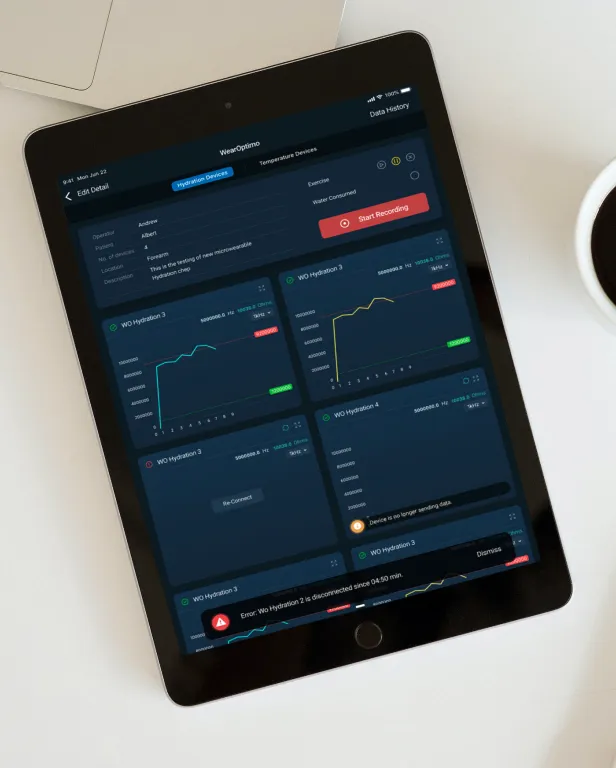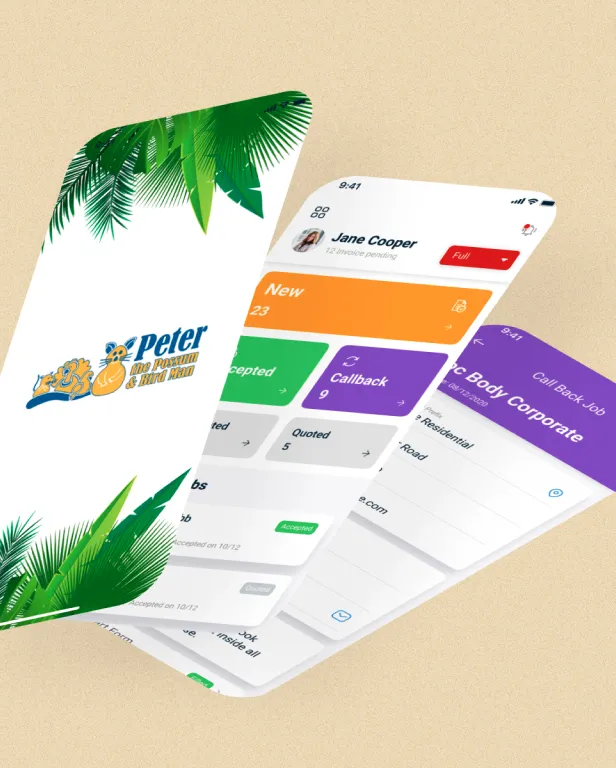Featured Projects
XL Express
Truly seamless logistics across a national network.
UI/UX Design · Engineering · DevOps
Acacia Plan Management
NDIS plan management scalable ecosystem
UI/UX Design · Engineering · DevOps
WearOptimo
Wearable technology for real time health monitoring.
UI/UX Design · Engineering
Our Services
We build mobile apps people love!
If you have a great idea or concept that solves real-world problems for users, our proven end-to-end process gives your product the best chance of success. We work with you on the full cycle of product delivery, starting at the initial discovery right through to deployment to the App Stores. We apply creative thinking to producing unique solutions to complex problems- leveraging technology.
We build mobile apps people love!
If you have a great idea or concept that solves real-world problems for users, our proven end-to-end process gives your product the best chance of success. We work with you on the full cycle of product delivery, starting at the initial discovery right through to deployment to the App Stores. We apply creative thinking to producing unique solutions to complex problems- leveraging technology.
Start with understanding your users’needs.
Product discovery is a vitally important process, knowing the real-world problems your users face means we can design a solution that meets their needs. Our process ensures we deliver a product that solves genuine problems, and addresses the needs of the customer so well that they feel unable to live without it.
Going deep into data.
Start-up companies crash & burn regularly, mostly because they fail to address a market need. Our validation process rigorously tests your concepts using real people. Avoid the scrap heap through market research & validation prior to building your product.
We create meaningful interactions
We place the user at the centre of the design process. Creating meaningful and memorable experiences is critical to securing users as paying customers, and elated brand advocates.
Flexible team options-when you need it.
Our multi-disciplinary software developer teamscover popular tech stacks, and can easily augment with your current resources. Fully managed, on demand for when you need it most.
Hand designed, high-performance websites.
We apply the exact same product principles to web design, delivering best-in-class websites for 15+ years. We build UX centred websites using scalable tech for clients with complex business requirements.
Drive downloads through strategic marketing
Like any other product, mobile apps that are in competitive markets need to be made aware you exist, and nurtured through the engagement process. Our omni-channel approach will create high visibility and ongoing engagement driving successful business outcomes.
We’ve partnered with more than 100+ clients
Why Choose Us?
The App Team is in the business of inspiring people to create technology solutions, through meaningful innovation, to make everyone more productive and connected. We are a passionate, dedicated and experienced team with strong values around client experience and quality product.
Dedicated project manager
Full end-to-end service
Australian owned and operated
Agile approach to software development
Ongoing support & maintenance
Experienced designers & developers












.webp)


























































































